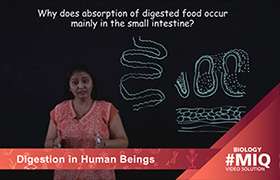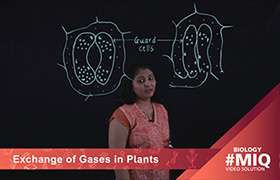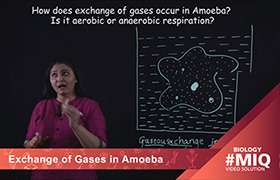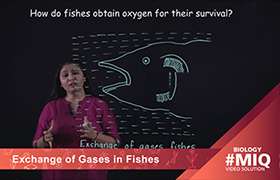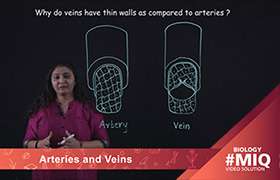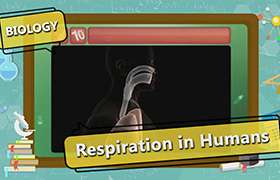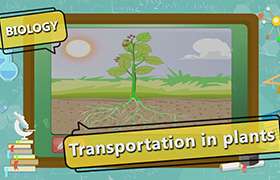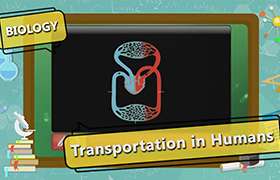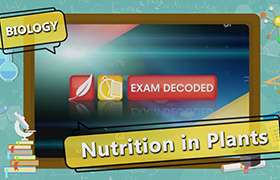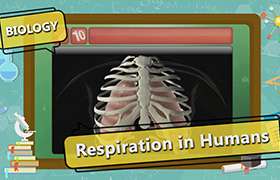CBSE Class 10 Answered
life processes
Asked by pkartik | 19 Jul, 2009, 07:37: PM
Glycolysis is a metabolic process (consisting of a series of biochemical reactions), in which glucose is broken down to pyruvate with the release of ATP.
One molecule of glucose undergoes two phosphorylation reactions and is then split to form two triose-phosphate molecules. Each of these is converted to pyruvate. The net energy yield is two ATP molecules per glucose molecule. In aerobic respiration pyruvate then enters the Krebs cycle. Alternatively, when oxygen is in short supply or absent, the pyruvate is converted to various products by anaerobic respiration
Answered by | 20 Jul, 2009, 01:51: PM
Application Videos
Concept Videos
CBSE 10 - Biology
Asked by bgmigaurav7318 | 08 Apr, 2024, 01:46: PM
CBSE 10 - Biology
Asked by jayeshsah1995 | 04 Mar, 2024, 12:01: PM
CBSE 10 - Biology
Asked by nsubhashree54 | 24 Feb, 2024, 11:08: AM
CBSE 10 - Biology
Asked by sarmabankupalli9 | 02 Jan, 2024, 08:19: PM
CBSE 10 - Biology
Asked by pavanimullu123 | 26 Dec, 2023, 07:17: PM
CBSE 10 - Biology
Asked by jitendranathsingh331 | 26 Nov, 2023, 06:17: PM
CBSE 10 - Biology
Asked by waccstudies123 | 08 Oct, 2023, 02:10: AM
CBSE 10 - Biology
Asked by 09.10bjanvhijadhav | 16 Sep, 2023, 11:58: PM
CBSE 10 - Biology
Asked by devy64469 | 03 Sep, 2023, 09:25: PM
CBSE 10 - Biology
Asked by krishnaagrawal79 | 19 Jul, 2023, 05:07: PM

